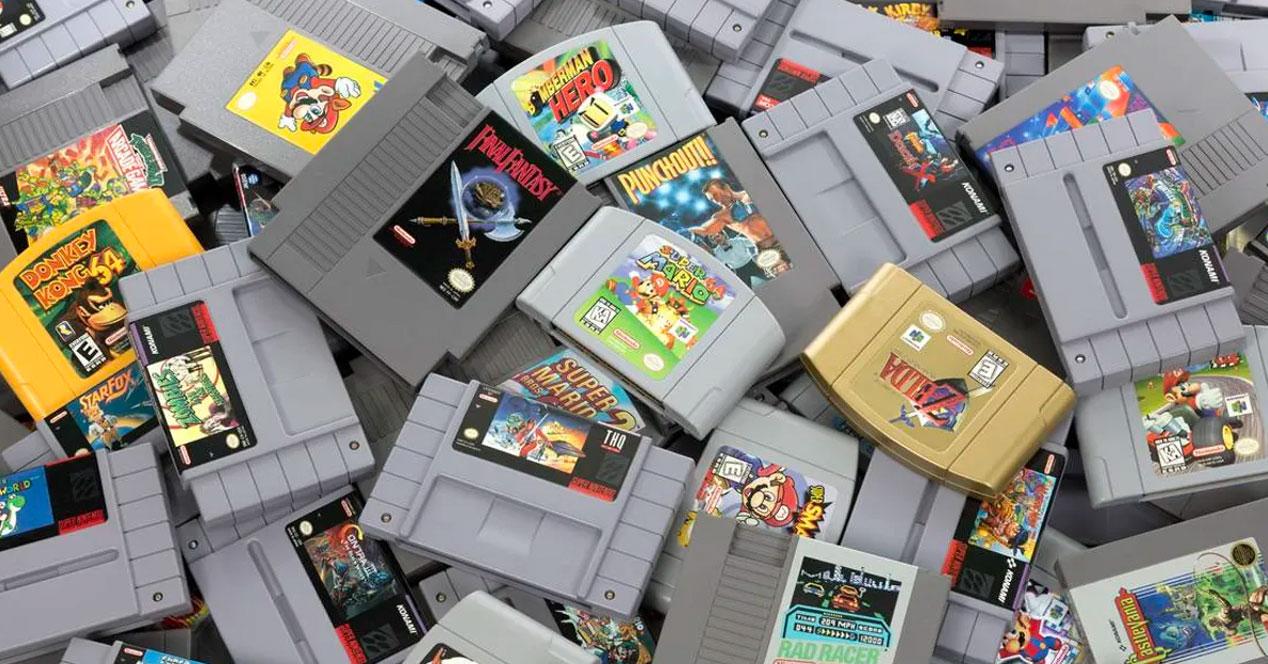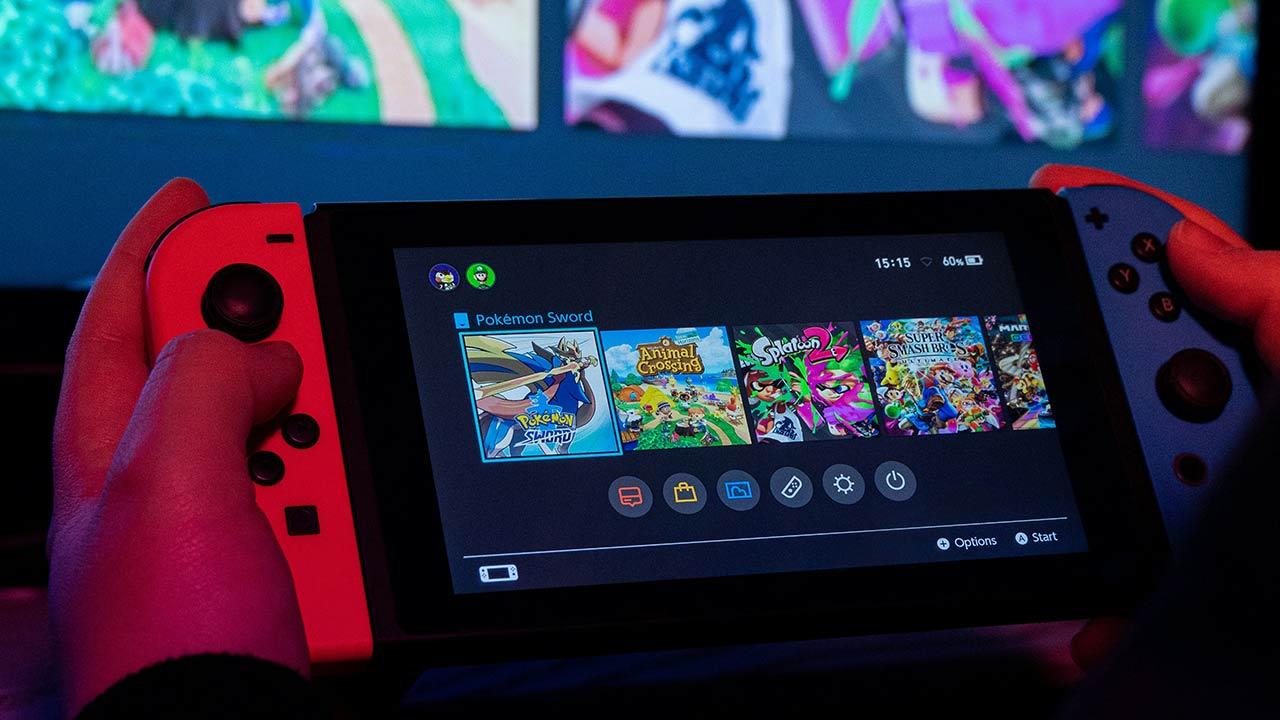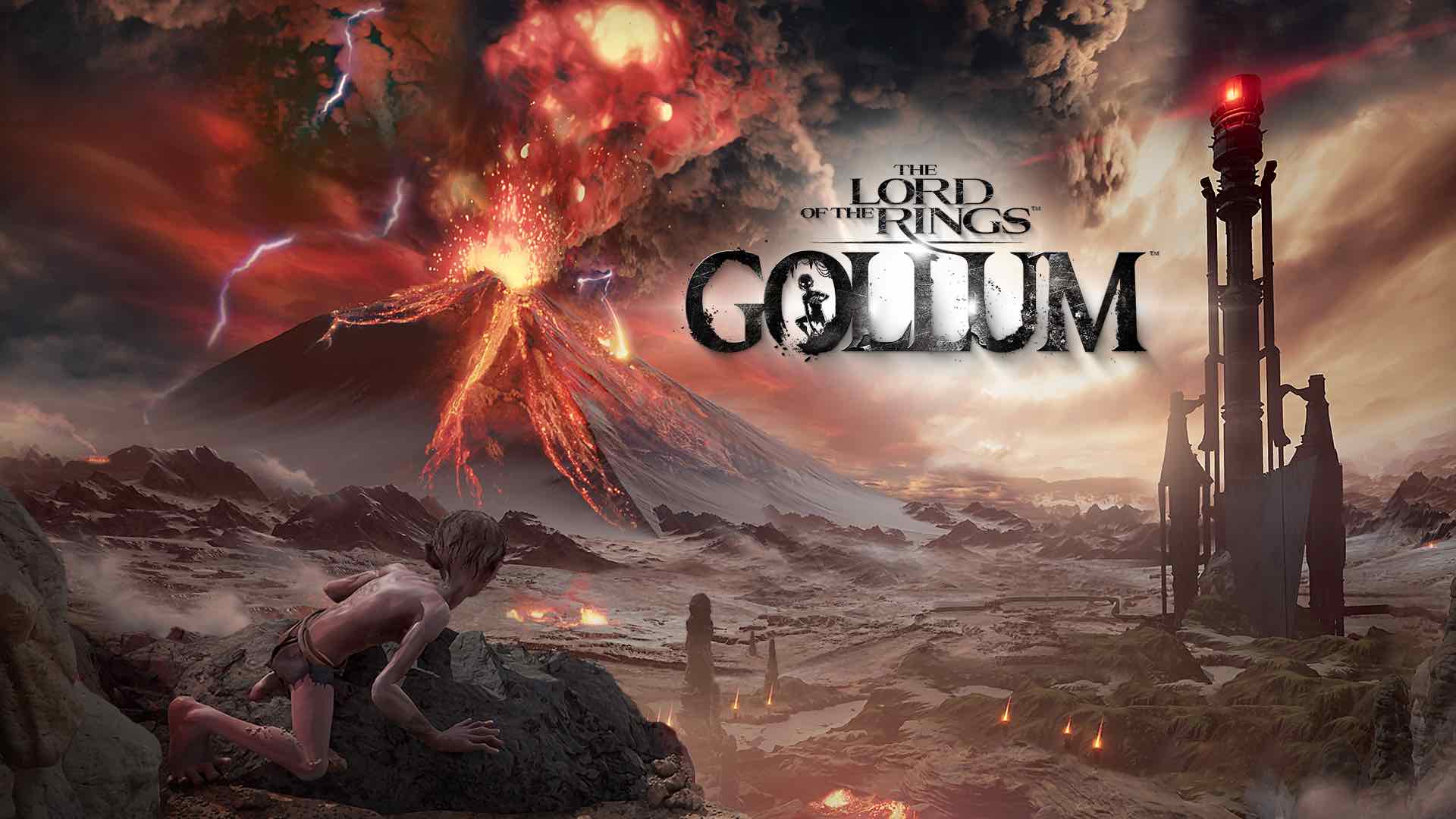Leave it, I already keep it
Nintendo must have thought something like this when sending the cease and desist letters to those responsible for certain projects in the scene who talked about preserving Nintendo games and, to do so, resorted to a system for extracting unique keys from Switch games this made it possible to save them on a computer and, of course, to play them later thanks to an emulator. And of course it was this point that was no longer so funny for the Japanese, although since this initiative they have repeatedly shown that they are not an illegal game distribution channel.
That’s why the Lockpit project has officially announced the closure of all development, in the heat of these threats from Nintendo that while moves like this may sound good, they’re really just hiding new ways to extract unique keys from games that could be considered illegal because they infringe rights intellectual property of the Japanese.
It is obvious that the moment you circumvent a system of protection, you force and reach undefined ground where many rights can be violated, and surely all must be respected. In Europe, all users are entitled to – and pay for – a private copy for exclusive use that we could not share under any circumstances. Is something like this respected in projects like Lockpit or is an ending like preservation really used to hide the ability to play all Switch versions without paying a single euro?
Nintendo and its track record against piracy
Without a doubt, what happened with Nintendo and this communication to those responsible for Lockpit no wonder if you look at the history of the Japanese, who have faced copy systems of their video games since the days of Super Nintendo, Game Boy and even NES. In the early 1990s, it was particularly important in its fight against copiers and since then it has had teams in its various country offices specifically dedicated to the prosecution of these practices.
Nintendo, as has been well shown, It is one of the few to have a clear strategy when it comes to preserving their video games, that is, to move them from one console to another as part of a monetization strategy and give commendable value to users: Nintendo Switch Online is the best example of this, currently, just like its machine virtual in the previous ones such as Wii, Wii U, etc. .
Either way, know that if you have a Nintendo-related video game preservation project in mind, Go forget, because they are the ones who are in charge of doing it. At least when it comes to their own versions. Another thing will be the hundreds or thousands of names that will reach the Nintendo eShop, no one knows if anyone will care to keep them… or not.







